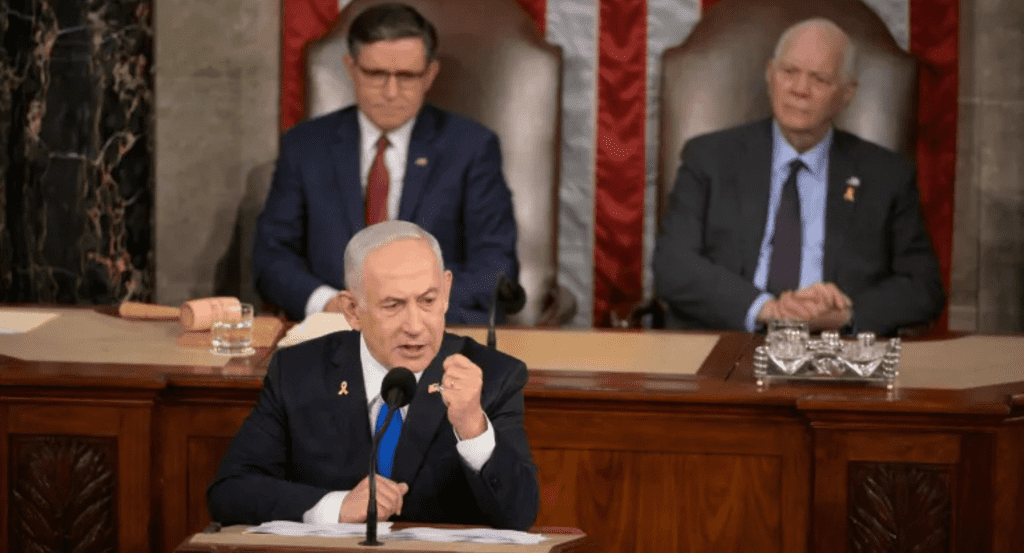Israeli Prime Minister Benjamin Netanyahu’s diplomatic challenges have deepened following an arrest warrant issued by the International Criminal Court (ICC) over alleged war crimes and violations of international law. The warrant has sparked mixed reactions globally, with countries like Italy and the Netherlands declaring their intent to enforce it, while Hungary has taken a divergent stance, inviting Netanyahu for a friendly visit.
The ICC’s charges stem from Israel’s handling of Palestinian territories and military actions that have drawn widespread condemnation. The court accuses Netanyahu of approving policies that led to alleged human rights abuses, including the displacement of Palestinian communities and the targeting of civilian areas during military operations. Netanyahu has dismissed the charges, calling them politically motivated and accusing the ICC of bias against Israel.
In contrast to the European countries pledging to uphold the warrant, Hungary, under Prime Minister Viktor Orbán, has extended an invitation to Netanyahu, citing strong bilateral ties and shared political values. Hungary’s move has been criticized by human rights groups and some EU member states as undermining the international justice system.
The warrant has also stirred debate in the United States, where political leaders are split on their stance toward Netanyahu and the ICC. While some politicians have expressed support for Israel and denounced the ICC’s actions as unfair targeting, others have called for accountability and urged the U.S. to respect the court’s decisions.
Observers note that the ICC warrant poses a significant diplomatic dilemma for Netanyahu, limiting his ability to travel to countries that recognize the ICC’s jurisdiction. Despite Hungary’s invitation, Netanyahu’s international engagement may face increased scrutiny, especially in Europe, where the ICC’s influence is more pronounced.
This development is the latest in a series of controversies surrounding Netanyahu’s leadership. It underscores the growing pressure on global leaders to navigate the delicate balance between national sovereignty, international justice, and human rights advocacy.
As Netanyahu’s legal and political battles continue, his government faces mounting international isolation, even as allies like Hungary and sections of the U.S. political establishment offer support.






















